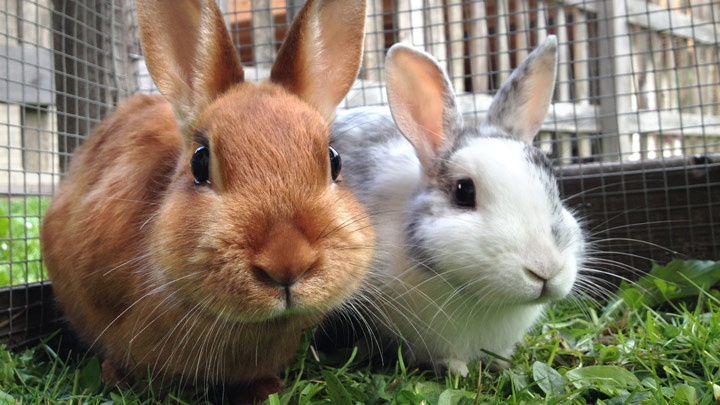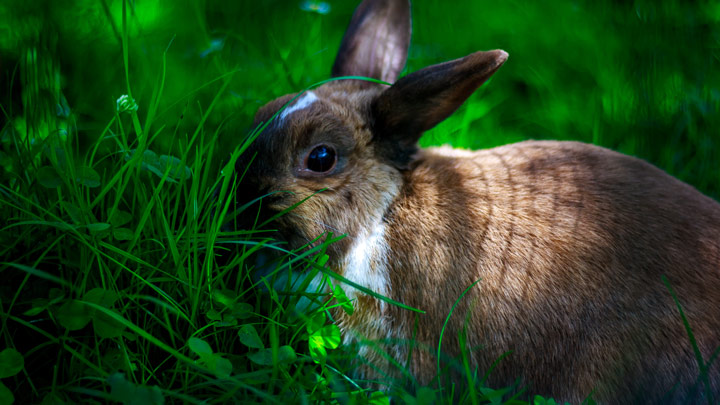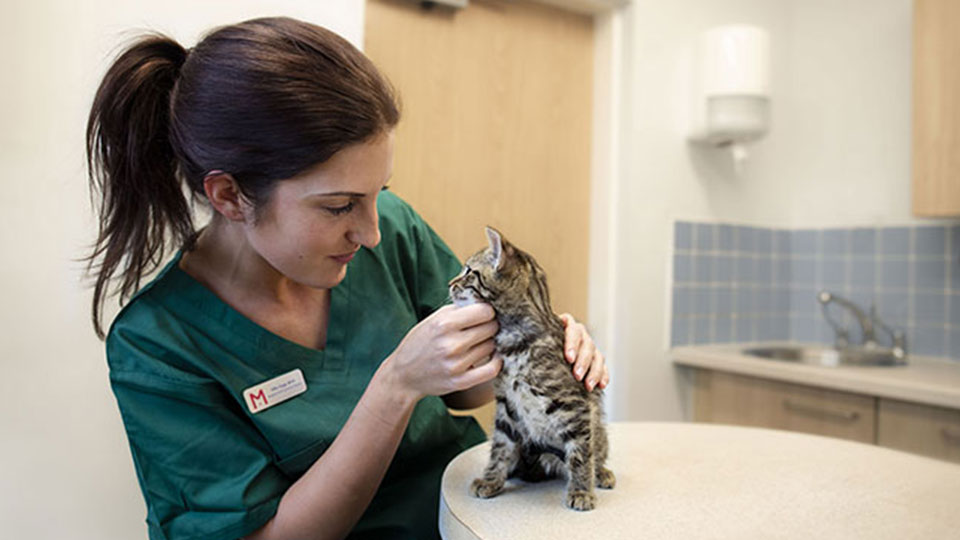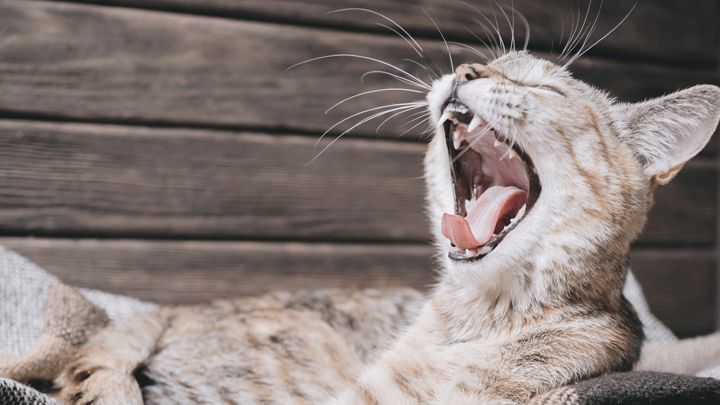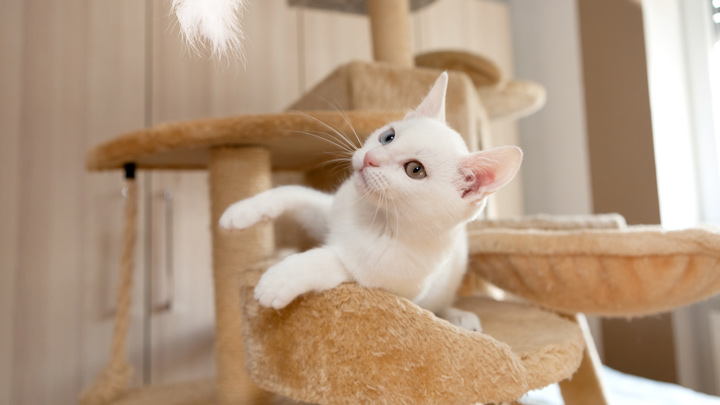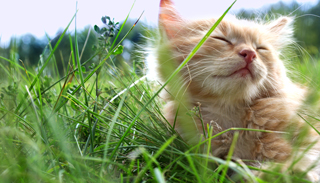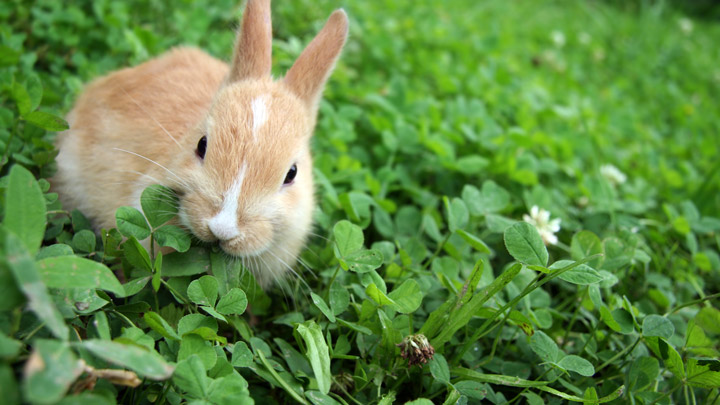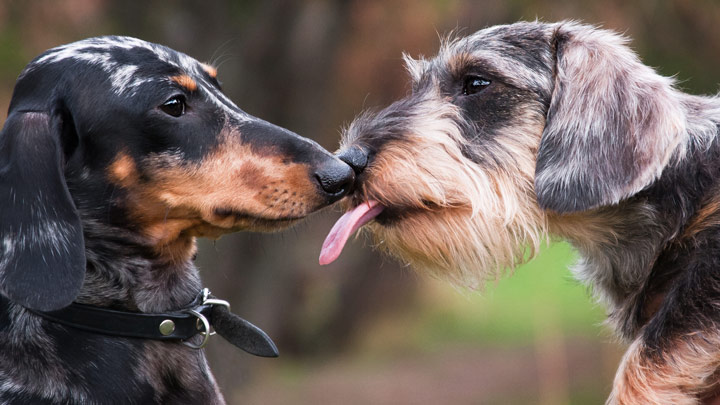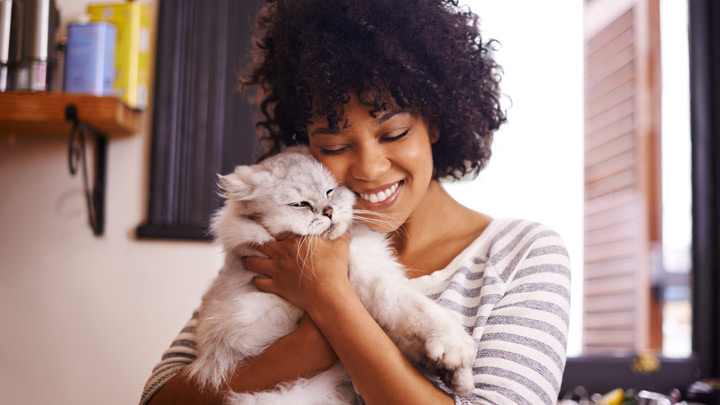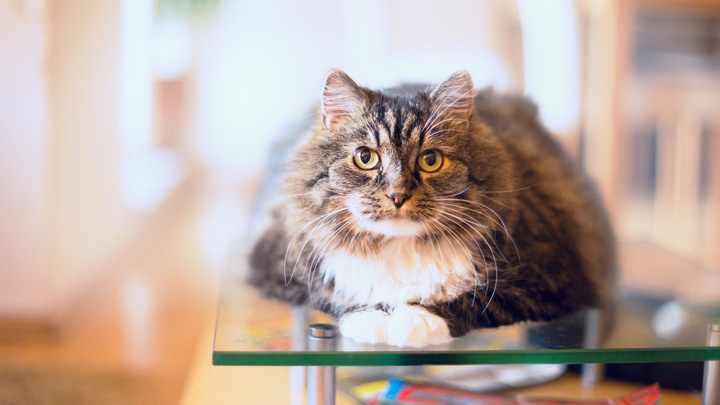Exotic Pet Care
What is an exotic pet?
In the UK, exotic species are any legal small animal pet that is not a dog or a cat. When you’re a pet owner it doesn’t matter whether they’re a gerbil, hamster, guinea pig or rabbit – you give them the same love and care as if they’re a cat or dog.
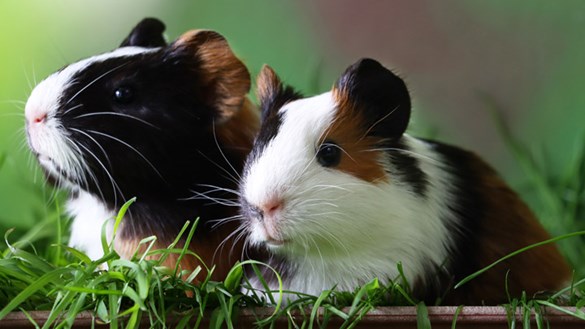
At Medivet we understand that all pets, no matter what their size, are much-loved family members and it’s why we go to great efforts to treat your small animals with the utmost care and consideration.
We have vets across the country who can help you keep on top of your pet’s health and make sure they get the care they need whether it’s a routine check-up or an emergency. Use our Medivet practice finder to contact your nearest clinic happy to exotic pets.
The importance of veterinary care for your small animal
Exotic pets are incredibly good at masking symptoms so it can be hard to know they’re ill. By the time you see something wrong it’s often well advanced and they’ll need emergency treatment. It’s why getting your pet seen regularly is crucial.
Routine checks can help keep your pet in good health and nip problems in the bud before they become much bigger issues. No matter what their age they all need proactive vet care, a proper nutritious diet, robust dental health and good husbandry advice.
Our small mammal care
At Medivet we provide a full range of services tailored to the specific needs of your exotic pets. These animals often hide signs of illness or injury so regular check-ups are especially important.
Among the services you can expect from Medivet are health checks, vaccinations, dental care, nutrition advice, neutering, parasite prevention, behaviour and enrichment advice and emergency help.
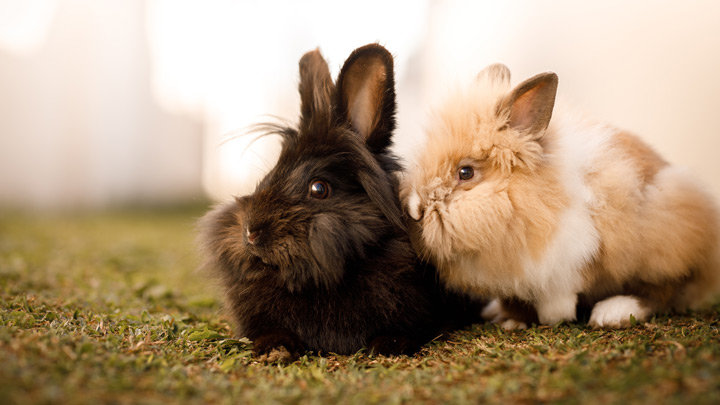 What small mammals are seen?
What small mammals are seen?
At Medivet, we see a wide range of exotic pets – some common and some less common, but every single one receives the same high standard of care. Here are a few of the animals we are able to see:
- Rabbits
- Guinea pigs
- Hamsters and gerbils
- Rats
- Ferrets
- Mice and rats
- Chinchillas
- Degus
- African Pygmy Hedgehogs
- Geckos
- Snakes
- Tortoises and terrapins
Don’t worry if you don’t see your pet on the list. Our vets are experienced in treating all sorts of species and can give your pet the care it needs. Some of our vets have advanced certifications in treating exotic pets, or may hold a significant interest in a given species. We would strongly advise calling your local clinic ahead of your visit with your exotic pet, so they can advise you who is the best colleague to see.
When to see a vet?
It’s important you get your exotic pet checked regularly, even if they seem healthy. Exotic pets are experts at hiding illness, so routine checks allow our vets to spot problems early on before they become serious. Preventative care such as dental checks and nutrition guidance can also keep your pet healthy and happy.
However, exotic pets can go downhill really fast if they become unwell. That’s why any sign should be treated as a potential emergency. Contact us straight away if you notice:
- Changes in appetite such as eating less or stopping eating
- Weight loss
- Changes in behaviour such as unusual aggression, hiding more or being less active
- Laboured breathing
- Overgrown teeth or difficulty eating
- Diarrhoea or unusual droppings
- Skin problems like hair loss, redness or itching
- Incomplete shedding in reptile species
If you’re unsure it’s always better to call your vet for advice – acting quickly can make all the difference for your pet.
What to expect during your visit
Your exotic pet’s first visit with one our vets is a great way to stay on top of their health and catch early signs of illness. These appointments are a chance for your vet to make sure your pet is happy and comfortable and for you to ask any questions.
During a non-emergency visit your vet will check your pet’s weight and look at their teeth – dental problems are very common in small pets so regular teeth checks can help prevent painful issues. They’ll check the condition of their fur, discuss diet and nutrition and their habitat. They’ll also talk to you about vaccinations and if your pet needs them. Exotic pets often need to be housed and kept in different conditions to our dogs and cats- our vets will be able to speak to you about the husbandry of your pet.
What to do in an emergency
Exotic pets hide signs of illness so by the time symptoms appear they can be very unwell and you should get them to the vet as fast as possible. Acting quickly can make all the difference. If you notice anything unusual at all, contact your vet immediately.
At Medivet our practices offer emergency care, and if your local vet can’t see you straight away, they’ll direct you to the nearest clinic. It’s always better to act fast and seek veterinary advice, even if you’re not sure anything is wrong – our team is always here to help.
For out-of-hours emergencies you can find emergency contact details for your local Medivet practice finder page.
FAQs
Yes, Medivet treats all sorts of different small animals. Head over to our practice finder page and contact your nearest clinic to see if they can help. If they’re unable to they’ll direct you to the nearest Medivet practice that can.
Of course! Our vets are able to treat many different small animals, including hamsters. We offer advice from bedding and nutrition to spotting signs of illness. Even your hamster needs routine checks and they’re a great way to catch potential problems early.
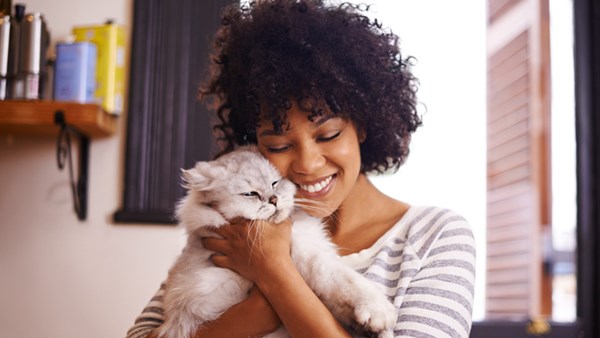
New to Medivet?
Join our nationwide network of practices, including 27 pioneering 24 hour centres. Find your nearest Medivet practice to register. Discover why Medivet is the right choice for your pet.
Register














